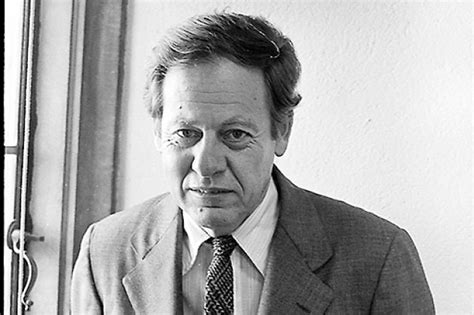A Quote by Edmund Burke
Sallust is indisputably one of the best historians among the Romans, both for the purity of his language and the elegance of his style.
Related Quotes
It's difficult to talk about [W.S.] Merwin's poems, as it's hard to talk about a feeling or a smell. It is what it is, but so much so that it overwhelms both sense and the senses. I aspire to something about his work, that imbues his poems, though I'm not sure I could say what that is. A purity, maybe, the kind of purity that comes from being beaten, like steel.
Women who are either indisputably beautiful, or indisputably ugly, are best flattered upon the score of their understandings; but those who are in a state of mediocrity are best flattered upon their beauty, or at least their graces; for every woman who is not absolutely ugly thinks herself handsome.
Kelvin Gastelum, there's many ways I can classify his style. I like it. He's improved. One thing I can say is that he's improved over his run in the UFC from 'The Ultimate Fighter' and now being a contender. But his style? It's very Mexican. You have the Mexican style of boxing, and he has a Mexican style of MMA, like smart Mexican style.
Every man should write a brief history of his life: his parentage, his birth, his religion, when he was baptized and by whom, when ordained, what to, and by whom-give a brief sketch of all his missions and of all his official acts and the dealings of God with him. Then if he were to die and the historians wished to publish his history, they would have something to go by.
And it is a singular truth that, though a man may shake off national habits, accent, manner of thinking, style of dress,--though he may become perfectly identified with another nation, and speak its language well, perhaps better than his own,--yet never can he succeed in changing his handwriting to a foreign style.
The master in the art of living makes little distinction between his work and his play, his labor and his leisure, his mind and his body, his information and his recreation, his love and his religion. He hardly knows which is which. He simply pursues his vision of excellence at whatever he does, leaving others to decide whether he is working or playing. To him he's always doing both.
Perhaps his gloom was due to his profession, that he lived among fallen empires, and in reading these languages that had not been spoken by the common man in centuries, he had all about him the ruin of language, evidence of toppled suburbs, grass growing among the mosaics, and voices that had been choked with poison, iron, age, or ash.










































